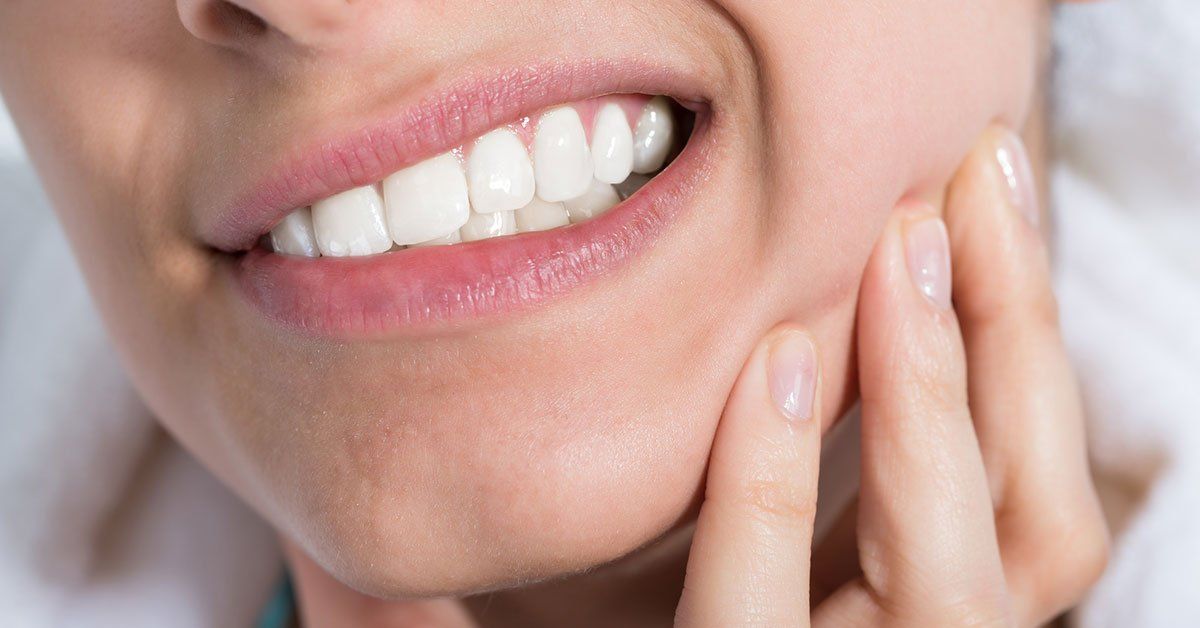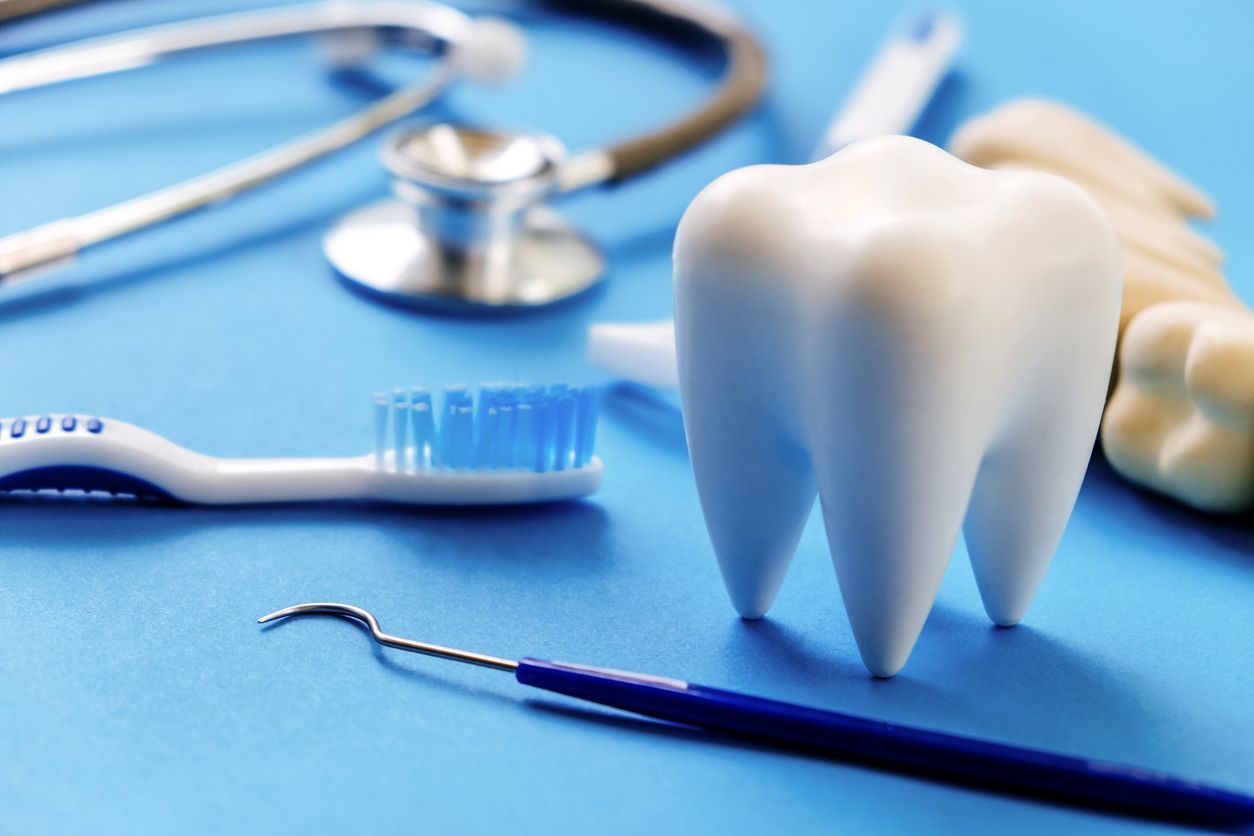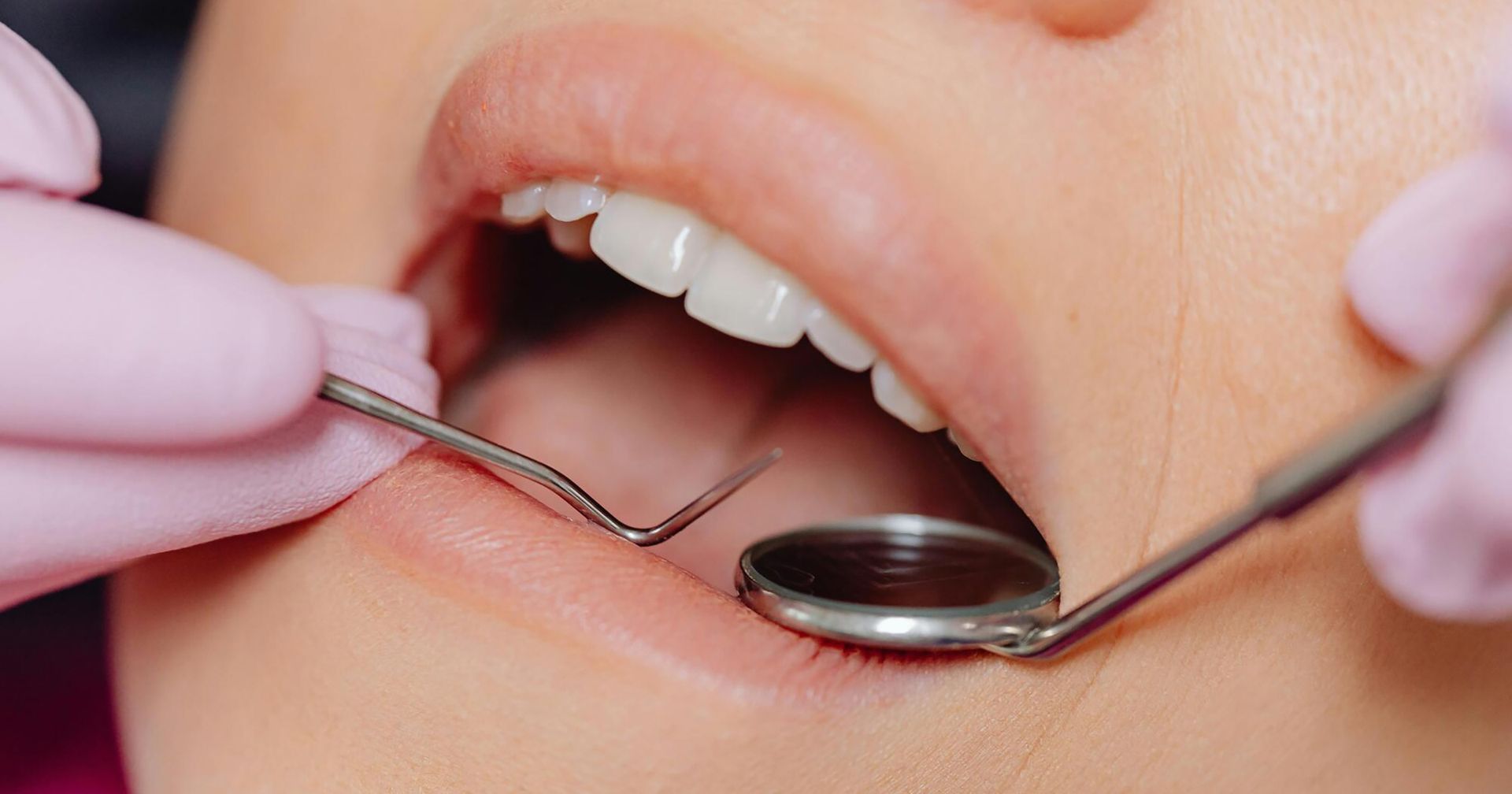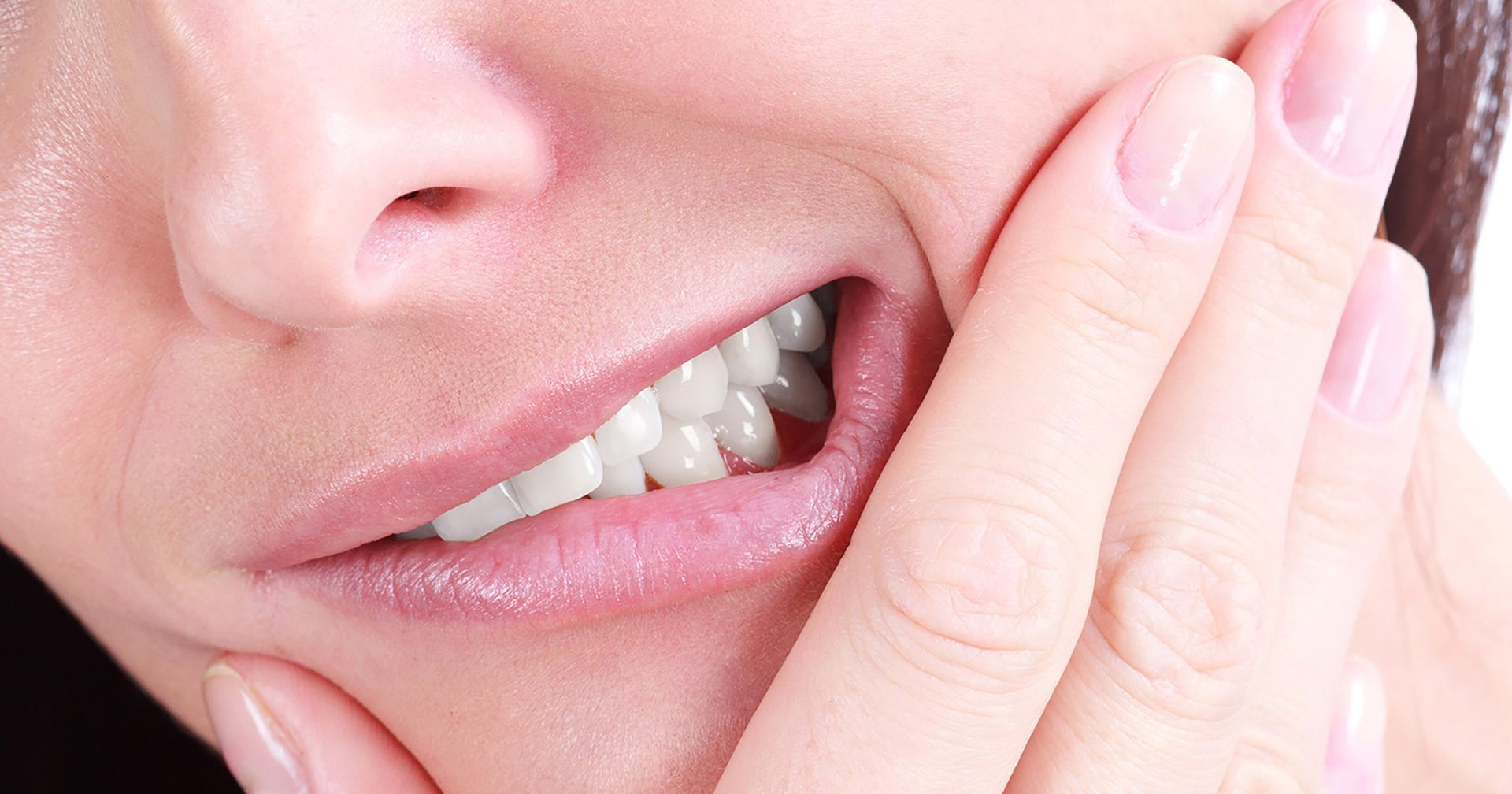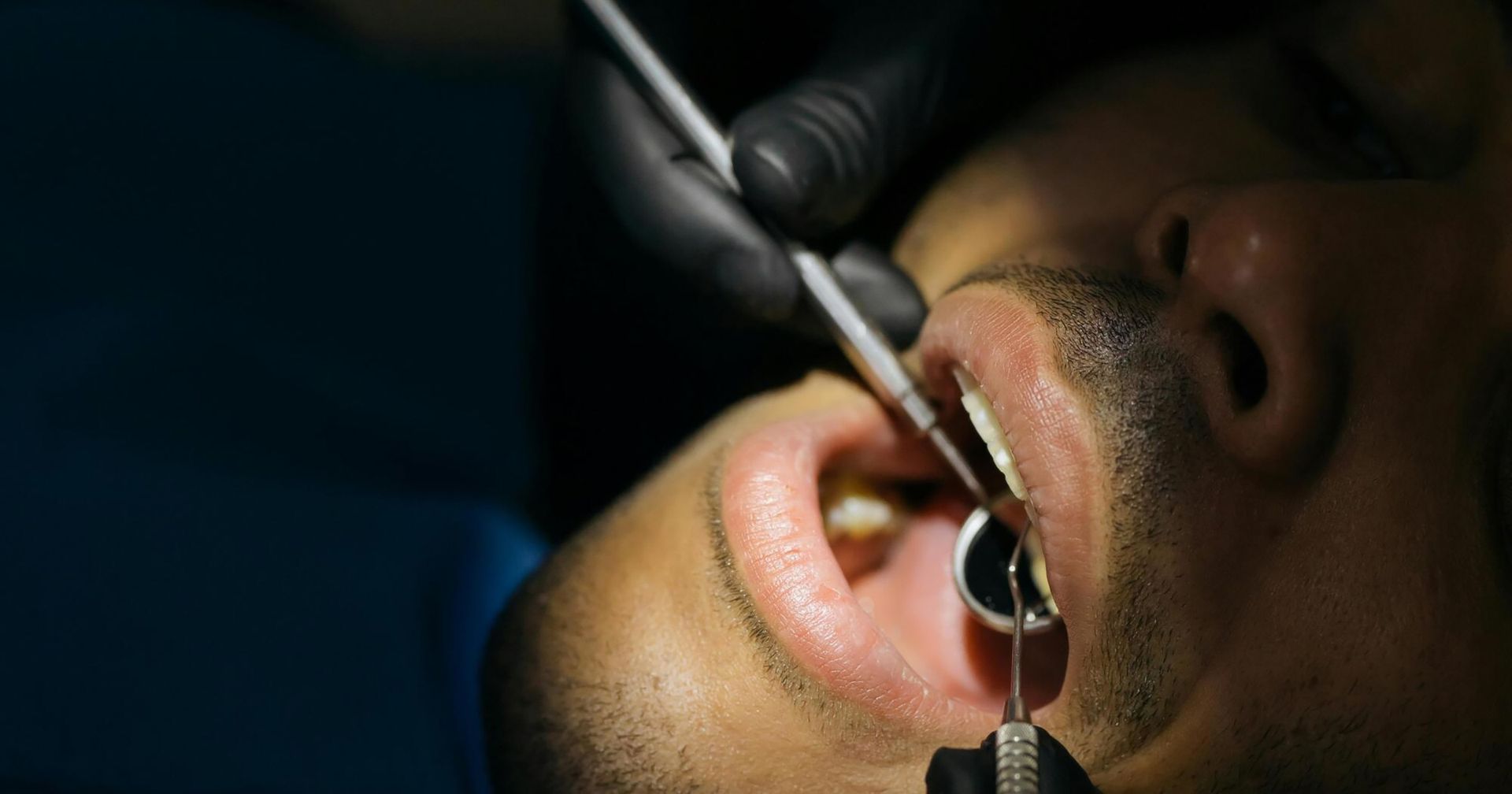Are you wondering what causes tooth decay and cavities, as well as how they're treated? Find out now in our comprehensive guide.
In the United States, 91% of people ages 20-64 have cavities. Given that staggering number, you more than likely had at least one treated and may yet have more.
Why do so many people in America have tooth decay and cavities? It's not easy to determine, but the answer is so often found in our lifestyle. It's not only poor brushing that causes these dental issues. The foods and drinks you consume may be contributing to your tooth decay. Sugary foods are especially harmful because, without proper oral hygiene, these foods can stick to your teeth and quicken decay. Oral health is often considered an afterthought for so many, but it shouldn't be.
If you want to know how to prevent a cavity, you need to know about them. If you want to keep your teeth free of decay, there are certain things you can do. Read on to learn all about how proper oral hygiene can protect the health of your teeth.
What Causes Tooth Decay?
Your mouth is full of bacteria. That's not a bad thing. Some of these bacteria exist to aid your oral health. Though some good bacteria exist, other bacteria in your mouth interact with the food you eat.
These bacteria turn sugary foods and drinks into acids. These acids eat at the hard surface of your teeth, which is the enamel. Too many of these bacteria and too much of these sugary foods cause your tooth enamel to weaken.
Once the enamel is permanently weakened, decay starts.
What Causes Cavities?
Tooth decay causes cavities. If you do not brush your teeth after consuming foods and drinks, the bacteria in your mouth build up and become plaque. Once plaque forms, if it is left unmitigated with regular cleanings and treatment, it forms tartar on your teeth and under your gum line. This tartar turns hard and helps keep the harmful bacteria on your teeth.
Once your enamel is weakened enough by decay, the bacteria feasts on what's underneath. This is known as the dentin. Softer than your tooth enamel, the dentin is less resistant to acid. The dentin also serves as the conduit between your tooth and its nerves.
This blitz on your tooth continues to the pulp. Once the bacteria and acid find their way to your pulp, cavities form. Left unattended, these cavities can cause serious tooth pain and other complications like abscesses. This is why proper oral hygiene is so important to prevent tooth decay and cavities.
Types of Cavities
There are three major types of cavities that tooth decay causes, and they're not always painful at first. Since you may not be aware of a cavity until further complications arise, it's important to schedule regular cleanings and checkups. At Galvez Dental, we provide thorough cleanings and checkups for all our patients to help prevent these different types of cavities before they can do long-term damage to your dental health.
Root Cavity
These are cavities found near the gumline on the surface of your teeth's roots. They are most common with people who've experienced receding gum lines, like senior citizens. Because this type of cavity develops on your tooth's root, you may not even be able to see it by looking into a mirror. This also means that brushing and flossing may not be enough to prevent the root cavity from growing, since it develops in an area of your tooth that you can't easily reach.
Pit/Fissure Cavity
Found most often in rear molars, these cavities form where you chew your food. The food we eat works its way into the crevices of our teeth where the harmful plaque bacteria can get it.
While even the most conscientious people can get cavities, these pit/fissure cavities are a signal that you're not brushing enough or properly. You may be able to tell if you have this type of cavity by looking at the tops of your molars in a mirror. If you see black lines in the crevices of your molars, you likely have pit/fissure cavities and should schedule an appointment so we can help you treat them.
Surface Cavity
These cavities form on the smooth surfaces of your teeth, usually the teeth on the sides of your mouth. They take longer to form and form most often in people who practice poor oral hygiene. The good news is that if a surface cavity is found and treated quickly, the damage can be stopped and in some cases even reversed. If the cavity has already formed on your tooth, our dentists can restore your tooth with fillings or crowns to prevent further decay.
Prevention
In recent years, dental professionals noticed a troubling trend. In parts of the country where people drank more sugary soft drinks, tooth decay, cavities, and rot blossomed.
Dentists call this phenomenon, Mountain Dew Mouth . This new condition shows that an abundance of soda-pop leads to the same kind of decay and rot found in the mouths of those who abuse crystal meth.
This is why preventing tooth decay and cavities requires more than just brushing and flossing. If you consume lots of sugary foods and drinks, you need to brush your teeth after every snack or meal to have a fighting chance against tooth decay. Chewing sugar-free gum or rinsing with mouthwash are also good preventative steps, but it can be difficult to be so vigilant about your oral hygiene when life gets busy. That's why Galvez Dental recommends our patients not only improve their brushing and flossing but also remove the harmful foods and drinks from their diets.
Change Your Diet
If you want to prevent cavities and tooth decay, you should avoid certain foods and drinks. Limiting your soda intake is a great place to start.
You also want to stay clear of sticky, sweet foods like candy and dried fruit. Other foods like pasta, dry cereals and potato chips stick in the crevices of your rear molars. Avoiding sugary foods and drinks is a great first step that will help you prevent cavities.
Along with diet concerns comes acid-reflux. Unmitigated acid-reflux or heartburn contributes to tooth decay. Make sure you monitor your diet to prevent reflux.
Better Brushing
Brush your teeth twice a day. If possible, give your teeth a brush after every meal. The less foods and drinks you have stuck in your teeth, the less the plaque can work on decay.
Make sure you brush with fluoride toothpaste and don't forget to floss. Good oral hygiene includes daily flossing because it helps remove food and plaque from between your teeth. This simple step can prevent tooth decay, which in turn will prevent cavities.
Fluoride Rinse
If you're prone to cavities, your dentist might recommend a daily fluoride rinse. These rinses help fight the damage done by plaque and tartar and promote enamel restoration. Using a good mouthwash can also help prevent plaque buildup and has the added benefit of keeping your breath fresh.
Frequent Dental Visits
It's so important to have your teeth cleaned every six months to prevent decay. These visits clear your teeth of excess plaque and allow your dentist to spot any problems before they get worse.
If you have severe issues, your dentist may advise a cleaning every three months until your plaque growth is under control.
Tooth Decay Treatment
A tooth decay treatment plan depends on how severe your tooth decay is. If your dentist notices any initial soft spots or problem areas, they may prescribe a fluoride rinse or special toothpaste.
Should your teeth show early signs of decay, your dentist may recommend a sealant for your molars.
How to treat tooth decay becomes more involved when the decay is more severe. Cavities require drilling and filling. If the cavity is large, you'll be fixed with a crown.
Untreated cavities and severe decay lead to inflamed and infected pulp. Should you experience severe tooth pain, this is the case and you'll need root canal treatment. A root canal clears out your pulp and replaces it.
Your tooth will then be capped and crowned.
There are scenarios where even a root canal won't do the trick. If your tooth is so decayed a root canal won't save it, your dentist will extract the tooth and replace it.
Stop Decay Today
Are your teeth sensitive to hot or cold? Do you have discoloration or white spots on the surface? Are you in so much pain you can't think straight? All of these are signs of tooth decay.
You can prevent tooth decay by practicing good oral hygiene at home. A big part of that is limiting your intake of sugary foods and drinks, and always make sure to brush your teeth at least twice per day. And of course, the best way to keep the decay at bay is with frequent dental checkups.
Here at
Galvez Dental , we offer the Stockton, CA area the best restorative dental services around. If you need expert dental care, contact us today to make an appointment.

